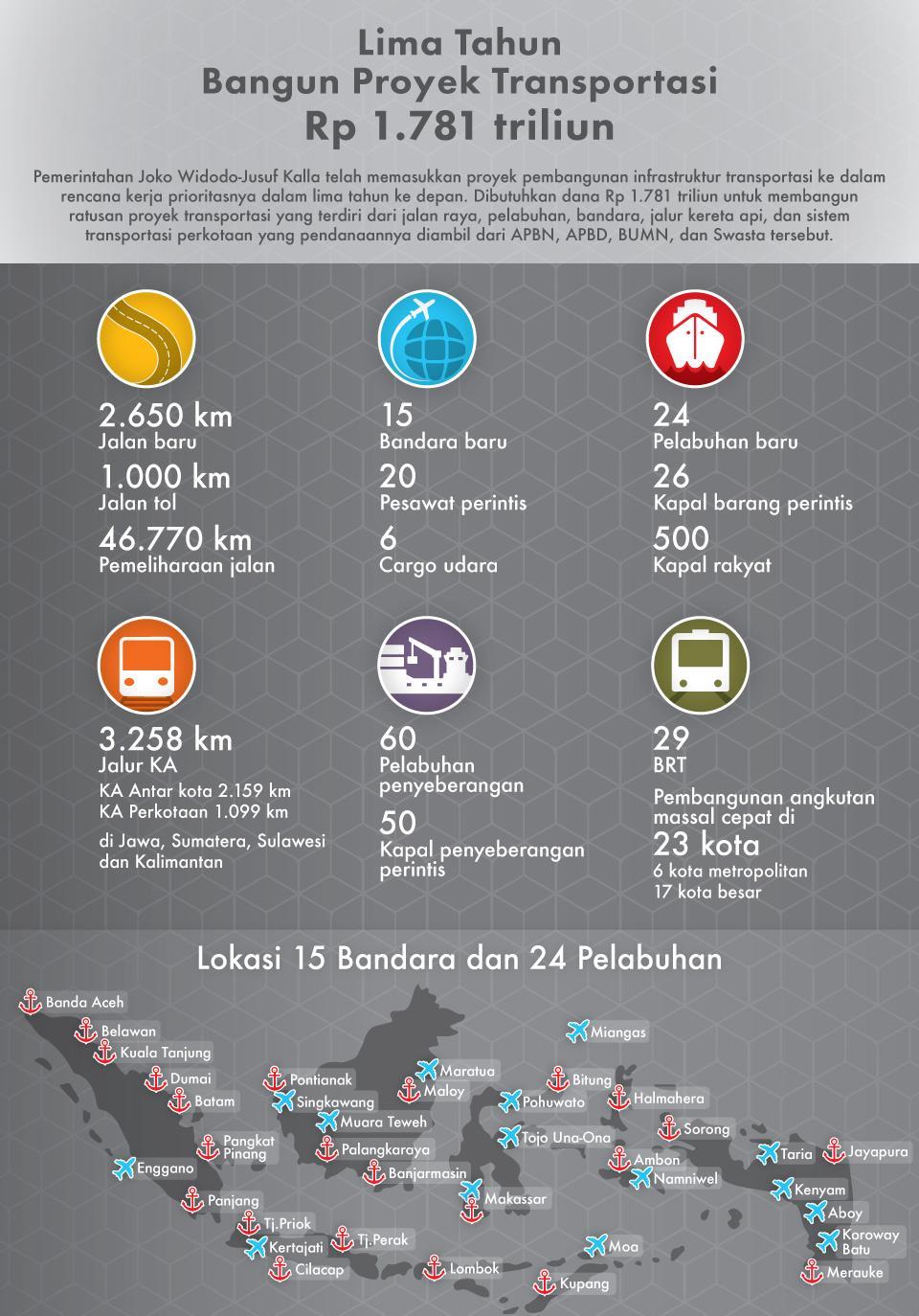Berita Terkait
- Anggaran DPR RI Tahun 2016-2018
- Kehadiran Anggota DPR Pada Masa Sidang Ke-2 Tahun 2017-2018
- Review Kinerja DPR-RI Masa Sidang ke-2 Tahun 2017-2018
- Fokus DPR Masa Sidang ke-3 Thn 2017-2018
- Konsentrasi DPR Terhadap Fungsinya Pada Masa Sidang ke - 3 Tahun 2017 – 2018
- Kehadiran Anggota DPR RI Masa Sidang ke-3 Tahun 2017-2018
- Review Kinerja Masa Sidang Ke-3 Tahun 2017-2018
- Konsentrasi DPR Terhadap Fungsinya Pada Masa Sidang ke - 4 Tahun 2017– 2018
- Peristiwa Menarik Masa Sidang ke-4 Tahun 2017-2018 (Bidang Legislasi)
- Peristiwa Menarik Masa Sidang ke-4 Tahun 2017-2018 (Bidang Pengawasan)
- Peristiwa Menarik Masa Sidang ke-4 Tahun 2017-2018 (Bidang Keuangan, Lainnya)
- Review Kinerja DPR-RI Masa Sidang ke-4 Tahun 2017-2018
- (Tempo.co) Kasus Patrialis Akbar, KPPU: UU Peternakan Sarat Kepentingan
- (Tempo.co) Ini Proyek-proyek yang Disepakati Jokowi-PM Shinzo Abe
- (Tempo.co) RUU Pemilu, Ambang Batas Capres Dinilai Inkonstitusional
- (Media Indonesia) Peniadaan Ambang Batas Paling Adil
- (DetikNews) Besok Dirjen Pajak Panggil Google
- (Tempo.co) Aturan Komite Sekolah, Menteri Pendidikan: Bukan Mewajibkan Pungutan
- (Rakyat Merdeka) DPR BOLEH INTERVENSI KASUS HUKUM
- (Aktual.com) Sodorkan 4.000 Pulau ke Asing, Kenapa Pemerintah Tidak Menjaga Kedaulatan NKRI?
- (RimaNews) Pimpinan MPR dan DPR akan bertambah dua orang
- (Warta Ekonomi) Jonan Usulkan Kepada Kemenkeu Bea Ekspor Konsentrat 10 Persen
- (Tempo.co) Eko Patrio Dipanggil Polisi, Sebut Bom Panci Pengalihan Isu?
- (TigaPilarNews) DPR Harap Pemerintah Ajukan Banyak Obyek Baru untuk Cukai
- (Tempo.co) Menteri Nasir: Jumlah Jurnal Ilmiah Internasional Kita Meningkat
Kategori Berita
- News
- RUU Pilkada 2014
- MPR
- FollowDPR
- AirAsia QZ8501
- BBM & ESDM
- Polri-KPK
- APBN
- Freeport
- Prolegnas
- Konflik Golkar Kubu Ical-Agung Laksono
- ISIS
- Rangkuman
- TVRI-RRI
- RUU Tembakau
- PSSI
- Luar Negeri
- Olah Raga
- Keuangan & Perbankan
- Sosial
- Teknologi
- Desa
- Otonomi Daerah
- Paripurna
- Kode Etik & Kehormatan
- Budaya Film Seni
- BUMN
- Pendidikan
- Hukum
- Kesehatan
- RUU Larangan Minuman Beralkohol
- Pilkada Serentak
- Lingkungan Hidup
- Pangan
- Infrastruktur
- Kehutanan
- Pemerintah
- Ekonomi
- Pertanian & Perkebunan
- Transportasi & Perhubungan
- Pariwisata
- Agraria & Tata Ruang
- Reformasi Birokrasi
- RUU Prolegnas Prioritas 2015
- Tenaga Kerja
- Perikanan & Kelautan
- Investasi
- Pertahanan & Ketahanan
- Intelijen
- Komunikasi & Informatika
- Kepemiluan
- Kepolisian & Keamanan
- Kejaksaan & Pengadilan
- Pekerjaan Umum
- Perumahan Rakyat
- Meteorologi
- Perdagangan
- Perindustrian & Standarisasi Nasional
- Koperasi & UKM
- Agama
- Pemberdayaan Perempuan & Perlindungan Anak
- Kependudukan & Demografi
- Ekonomi Kreatif
- Perpustakaan
- Kinerja DPR
- Infografis
(WSJ) Reallocate Subsidy is a "Solid Sign of Reform"

Economists have welcomed President Joko Widodo’s move to increase the price of subsidized fuel by roughly a third, calling it a sign of his reform-minded leadership.
DBS economist Gundy Cahyadi referred to it as a “positive signal of the government’s commitment to push for tough economic reforms” in Southeast Asia’s largest economy. OCBC economist Wellian Wiranto called it “a good balance” between playing safe and acting decisively.
“If the market puts it in the context that [Mr. Widodo] is doing this just one month into his presidency – whereas others before him have delayed and procrastinated for years – then it’s a good sign for things to come,” Mr. Wiranto added.
President Joko Widodo raised subsidized fuel prices by 2,000 rupiah, putting gasoline at 8,500 rupiah a liter and diesel fuel at 7,500 rupiah a liter, less than some economists had hoped for a few months ago. But analysts say the market will still shine favorably on a key reform.
“The market has somewhat expected the lower increase as global oil prices have fallen,” said Standard Chartered economist Eric Sugandi. “The market will respond positively still because it shows [Mr. Widodo] is doing what he promised to do.”
Mr. Cahyadi of DBS estimates the gap in prices between the country’s subsidized and non-subsidized fuels will now be around 10-15%, the lowest level since late-2008.
Economists said the move will give the government around $8-$10 billion for other spending next year, which Mr. Widodo has said will go toward improving health care, education and infrastructure in the world’s fourth-most populous country.
Bank Indonesia is expected to meet later today, with economist anticipating a rise in its benchmark policy rates to help mitigate inflation. Aldian Taloputra, chief economist for Mandiri Sekuritas, said prices are likely rise to 7.5% year-on-year by the end of 2014. The finance minister said Monday night that inflationary pressures would last three months.